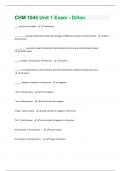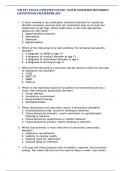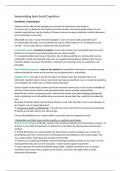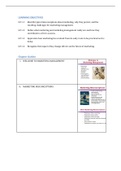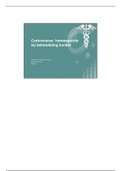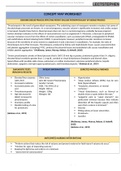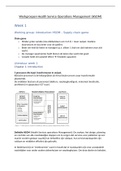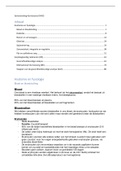Summary
Summary High quality A* Person of Jesus notes for Religious studies a-level OCR
- Module
- The person of Jesus Christ
- Institution
- OCR
Hi, I'm a first year student at Oxford who just did my A-levels last year. These are the notes I made on the Person of Jesus Christ in the developments in Christian thought paper. They are extremely detailed and contain not only the content but also a whole range of relevant scholars, responses and...
[Show more]




